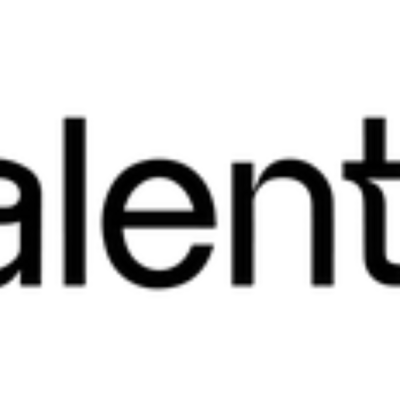Democratic National Convention delegate Bruce Olsson of Vermont is proud of his Scandinavian heritage. “That’s O-L-S-S-O-N, that’s the proper Swedish way,” he tells me in our introduction. I can appreciate the admonishment; my Swedish grandmother who regaled me with Norwegian jokes and anecdotes growing up would have empathized with Olsson.
Moving on to public policy, Olsson projects similar confidence and pride in Vice President Kamala Harris’s economic leadership. According to Olsson, Harris will carry President Joe Biden’s progressive baton and perhaps take it further than her former running mate, who he calls “the most pro-union President probably ever.” Early signs indicate this very well could happen.
“My union grew by 5 percent last year,” Olsson, a thirty-year-old machinist’s union member, tells The Progressive. “I can remember when it was a good year if we only lost 5 percent of our membership.” His union’s success, he says, has everything to do with the “leadership that is coming out of the White House.”
Other union members also praised the actions of the current administration. “Worker power was on full display at the convention,” Association of Flight Attendants president Sara Nelson tells The Progressive.
Since Biden took office, his administration has presided over a renaissance of organized labor. Last year marked big wins for workers from the auto industry to Hollywood script writers and actors. Union growth is stable and unions are enjoying the highest level of support since the Johnson Administration in 1965. All that is needed are Democratic majorities in both houses of Congress and a President Harris to pass the PRO Act, which will make organizing in the workplace much easier.
A few sections over from Olsson sits Greg Schneck, who is holding court with the Colorado delegation. Schneck, who grew up in a union household, views the Democratic
Party not just as the home of organized labor but as the keeper of kitchen table issues.
Linkage between the Democratic Party and issues like affordable prescription drugs, price gouging penalties, and in Schneck’s case, rural hospital access is increasingly obvious. A renewed focus on economic issues is already bringing wayward voters back into the Party fold, according to Schneck. The secret is simple. “They just want somebody to hear them,” Schneck explains, especially in rural America.
Wisconsin state senator Brad Pfaff concurs. “Democrats can do a lot better in rural areas,” Pfaff told The Progressive earlier this year. “The first place they need to start is . . . to recognize that [Democrats] need to invest and appreciate and respect the people that live in rural Wisconsin.”
However, Schneck takes matters a step further. “It shouldn’t be just a one-way street; I want to listen to them and hear what they have to say.” Party strategists and politicians have been talking for years about the need for more conversations and for listening to hard-to-reach voters. Will 2024 be any different than past election cycles? According to my arithmetic, in 2020 Biden won just 17 percent of rural counties, down just four points from 21 percent for the Democrats in 2000. The rural vote hasn’t been the strong suit for Democrats for some time.
The Democratic Party, like center-left parties elsewhere in the world, is an economic coalition first and foremost. There is a reason why the center-left party in Great Britain is called the Labour Party. Indeed, in the United States it could very well have been a “labor party,” had American Federation of Labor president Samuel Gompers not beaten off a grassroots movement to organize his union as a political party in the late 1800s.
Today’s Democratic leaders, from the Green Mountains of Vermont to western Wisconsin’s dairy farms to the Rocky Mountain steppes of Colorado, seem to well understand economics define the Democratic Party. And it isn’t a stretch to say that formerly reliable Democratic cohorts like farmers and factory workers are making this connection, too. With the enthusiasm for and confidence about Harris from delegates like Olsson and Schneck as well as elected officials like Pfaff, the future seems bright. But Harris is going to need every vote she can get in November to succeed.




